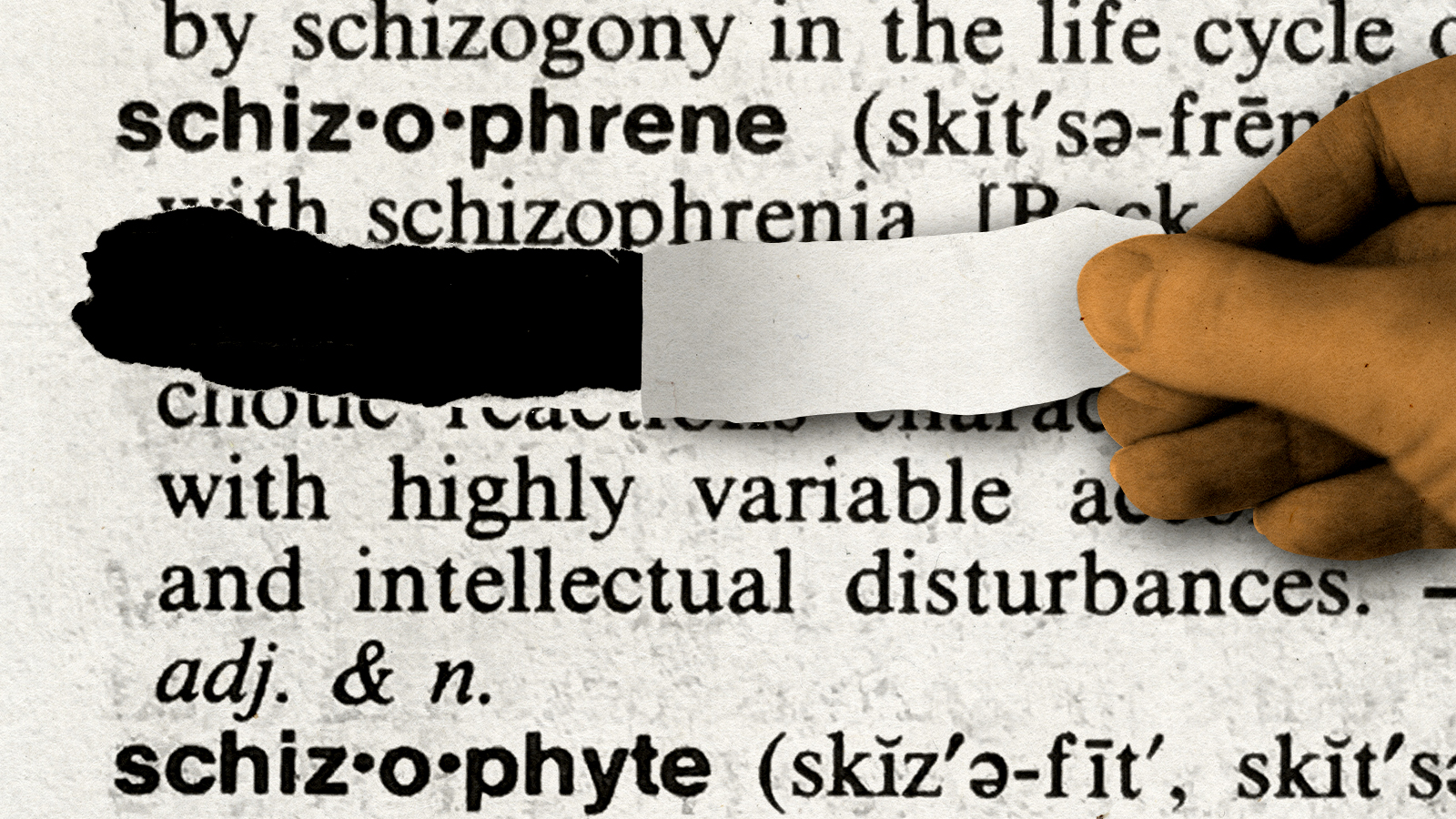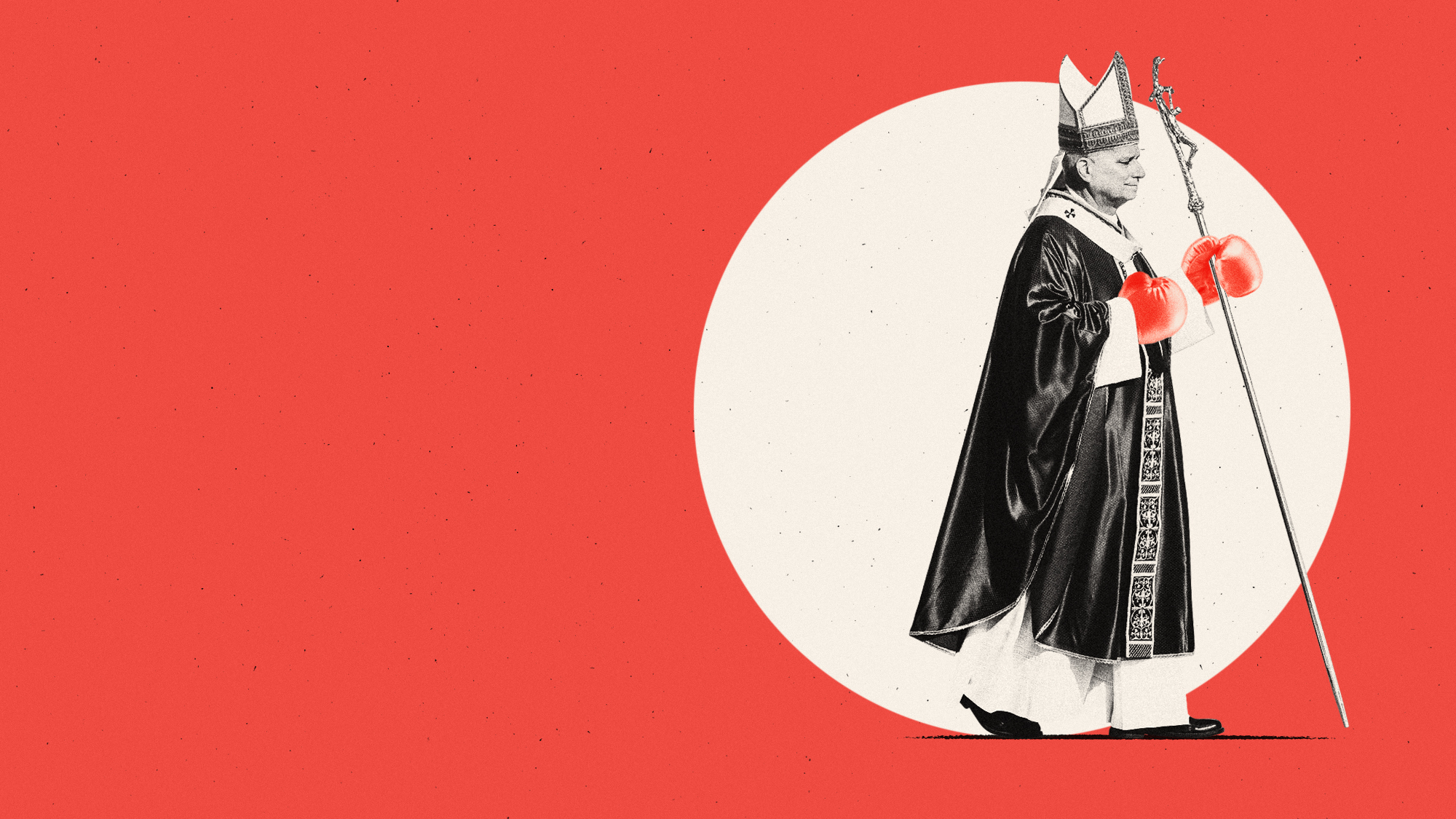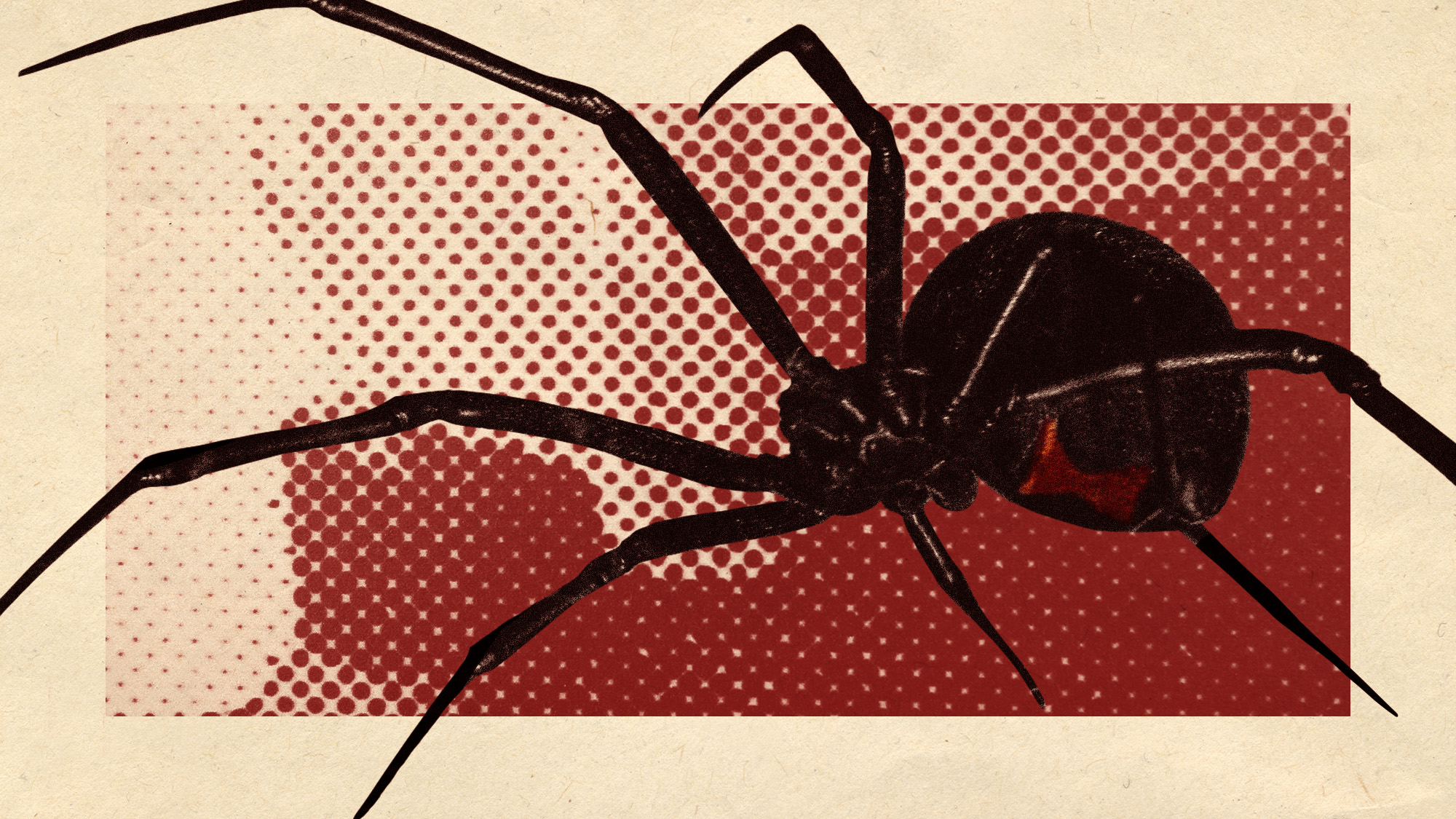A worldview captured in a headline


A free daily email with the biggest news stories of the day – and the best features from TheWeek.com
You are now subscribed
Your newsletter sign-up was successful
Sometimes a headline perfectly distills an aspect of the zeitgeist. That's the case with an article in Tuesday's New York Times: "'Schizophrenia' still carries a stigma. Will changing the name help?"
There are two assumptions at work here, both quite widespread in certain American circles in 2021 — and both highly questionable.
The first concerns the social significance of "stigma." Having an illness, disorder, or disability can involve considerable struggle. But how much of this difficulty is physicially intrinsic? And how much of it is a function of the negative way the disease or debility is received by society? Many have become convinced in recent years that the second problem — social stigma — is enormous and cries out for a response.
The Week
Escape your echo chamber. Get the facts behind the news, plus analysis from multiple perspectives.

Sign up for The Week's Free Newsletters
From our morning news briefing to a weekly Good News Newsletter, get the best of The Week delivered directly to your inbox.
From our morning news briefing to a weekly Good News Newsletter, get the best of The Week delivered directly to your inbox.
The second assumption concerns what that response should be. Here, as often, the proposed solution is to change the way we talk about the underlying condition. If we alter the words we use — "schizophrenia" in this case — we will positively influence the way we respond emotionally to the people around us.
Neither of these assumptions is sound.
If you have schizophrenia, whatever we call it, you have a serious mental illness — one that, thankfully, can now often be treated and managed with pharmaceuticals. Some people will respond negatively to this fact about you, in most cases because of fear, much of it ill-founded and based in ignorance of the disease.
That's regrettable. But is it the primary or even an especially significant problem you face in your life? I'd suggest that in most circumstanes that could only be the case if you're fortunate enough to have benefitted from medical interventions that have tamed the worst symptoms of your illness — and that if you have thus benefitted, you could probably avoid publically announcing you have any diagnosed mental illness at all, thereby avoiding the stigma entirely. If you haven't had such good fortune, however, the physical illness is likely a more serious obstacle than other people's behavior.
A free daily email with the biggest news stories of the day – and the best features from TheWeek.com
As for the name itself, the Times article suggests several alternatives to "schizophrenia," including "altered perception disorder, attunement disorder, disconnectivity syndrome, integration disorder, and psychosis spectrum disorder." But why are any of these alternatives inherently less stigmatizing than "schizophrenia"? I'd suggest that they aren't, that the stigma arises from the aforementioned fear of certain characteristic behaviors of the afflicted, and that the labels we attach to those behaviors are beside the point.
Here and elsewhere, it might be a good thing to focus less on the supposed scourge of social stigma — and even less on the ostensible power of words to shape our perceptions of the world around us ("latinx," anyone?). Instead, we could devote more time, energy, and resources to addressing the underlying problems themselves.
Damon Linker is a senior correspondent at TheWeek.com. He is also a former contributing editor at The New Republic and the author of The Theocons and The Religious Test.
-
 The Week Unwrapped: Do the Freemasons have too much sway in the police force?
The Week Unwrapped: Do the Freemasons have too much sway in the police force?Podcast Plus, what does the growing popularity of prediction markets mean for the future? And why are UK film and TV workers struggling?
-
 Properties of the week: pretty thatched cottages
Properties of the week: pretty thatched cottagesThe Week Recommends Featuring homes in West Sussex, Dorset and Suffolk
-
 The week’s best photos
The week’s best photosIn Pictures An explosive meal, a carnival of joy, and more
-
 Is a social media ban for teens the answer?
Is a social media ban for teens the answer?Talking Point Australia is leading the charge in banning social media for people under 16 — but there is lingering doubt as to the efficacy of such laws
-
 Why are American conservatives clashing with Pope Leo?
Why are American conservatives clashing with Pope Leo?Talking Points Comments on immigration and abortion draw backlash
-
 Questions abound over the FAA’s management of Boeing
Questions abound over the FAA’s management of BoeingTalking Points Some have called the agency’s actions underwhelming
-
 'Immigrant' Superman film raises hackles on the right
'Immigrant' Superman film raises hackles on the rightTALKING POINT Director James Gunn's comments about the iconic superhero's origins and values have rankled conservatives who embrace the Trump administration's strict anti-immigrant agenda
-
 Disney is still shielding Americans from an episode of 'Bluey'
Disney is still shielding Americans from an episode of 'Bluey'Talking Points The US culture war collides with a lucrative children's show
-
 Jony Ive's iPhone design changed the world. Can he do it again with OpenAI?
Jony Ive's iPhone design changed the world. Can he do it again with OpenAI?Talking Points Ive is joining OpenAI, hoping to create another transformative piece of personal technology. Can lightning strike twice?
-
 Is method acting falling out of fashion?
Is method acting falling out of fashion?Talking Points The divisive technique has its detractors, though it has also wrought quite a few Oscar-winning performances
-
 6 of the scariest spiders in existence
6 of the scariest spiders in existenceThe Explainer These 8-legged critters can cause serious harm
